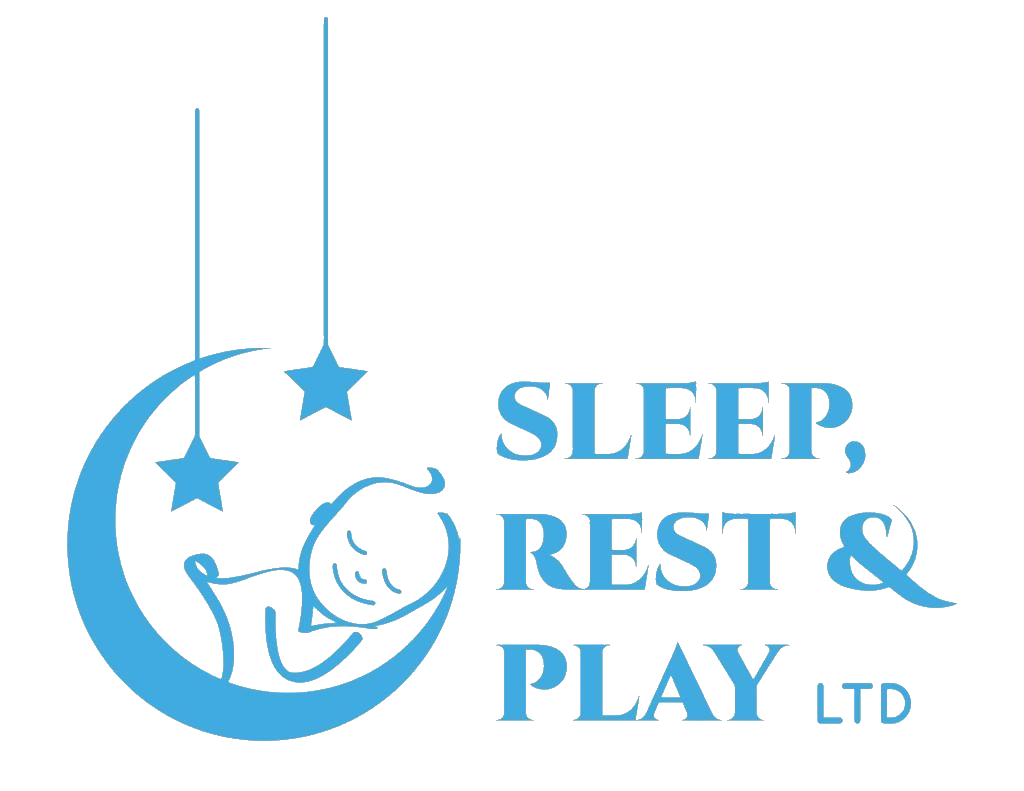When you are struggling with any aspect of parenthood, it’s often hard and pretty scary to put your hand up and say “i need help”. You can be left feeling vulnerable, like a failure, like you are letting people down. The feelings can be pretty overwhelming.
When your little one is not sleeping, you are not sleeping and you don’t often have the time to read books about sleep schedules, or if you do they don’t seem to fit with what’s going on with your child. If you do have time to do some research or to go on a Facebook group, you will find so much advice and different methods that things can become confusing and frustrating because these only seem to be short term solutions.
That’s where a Sleep Consultant comes in. I have to say it really is reassuring to see that sleep consulting is becoming a growing profession. It means that the stigma of asking for help is lifting and that more families and babies are getting the rest they need and deserve.
Now that there is a growing list of Sleep Consultants, there are some things I believe should be taken into consideration before you hire someone.
1/ What method do they use
As you have probably found in your research, there are many different methods of “sleep training”, Some involve extinction and Cry it out, some a gentler method, some take months, some a short two weeks. Whichever method you choose it is important to have the conversation with the Consultant about your expectations and what you are comfortable with. I will say from having done this as long as I have, i don’t know of any method where there is no crying involved, however learning about the crying and digging deeper with a Consultant can be helpful.
2/ Do they have specific Training in Sleep
It is important to check that the Consultant has specific training in Sleep and is affiliated with a credible Sleep organization. This ensures that your consultant is doing on going trainings and has accountability.
3/ Personality
Let’s face it, you are going to be in a pretty close relationship with your consultant, in contact regularly and talking about something raw and at times difficult. You need to feel comfortable with who you work with and supported. Being able to talk about your concerns and successes with someone who gets it and gets you can really help the process along.
4/ Type of Follow up Support
Only you know the type of support you do well with, whether it’s needing someone to be with you on the first night of training or whether you feel comfortable with speaking on the phone . Understanding follow up support and the level of intervention from the consultant from the get go should help you make a decision as to what will work for you.
Try and let go of the expectations we place on ourselves as parents and give yourself permission to seek help if needed.
Sleep Well,
Seema

